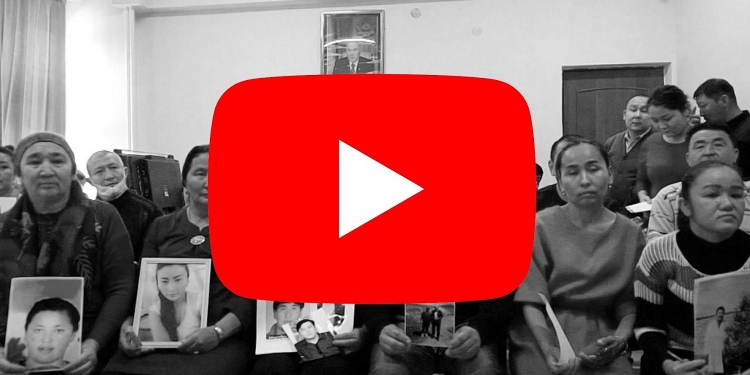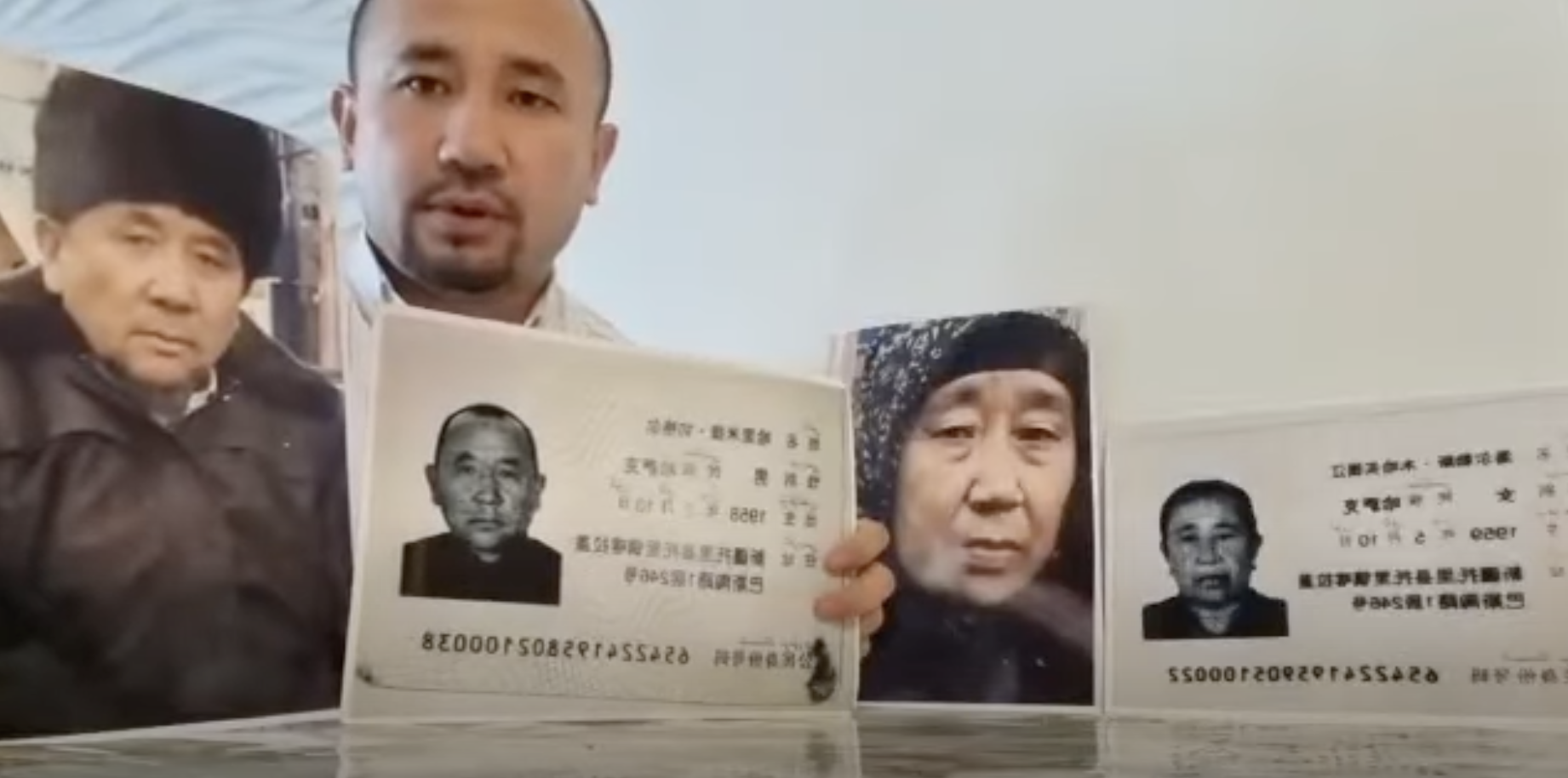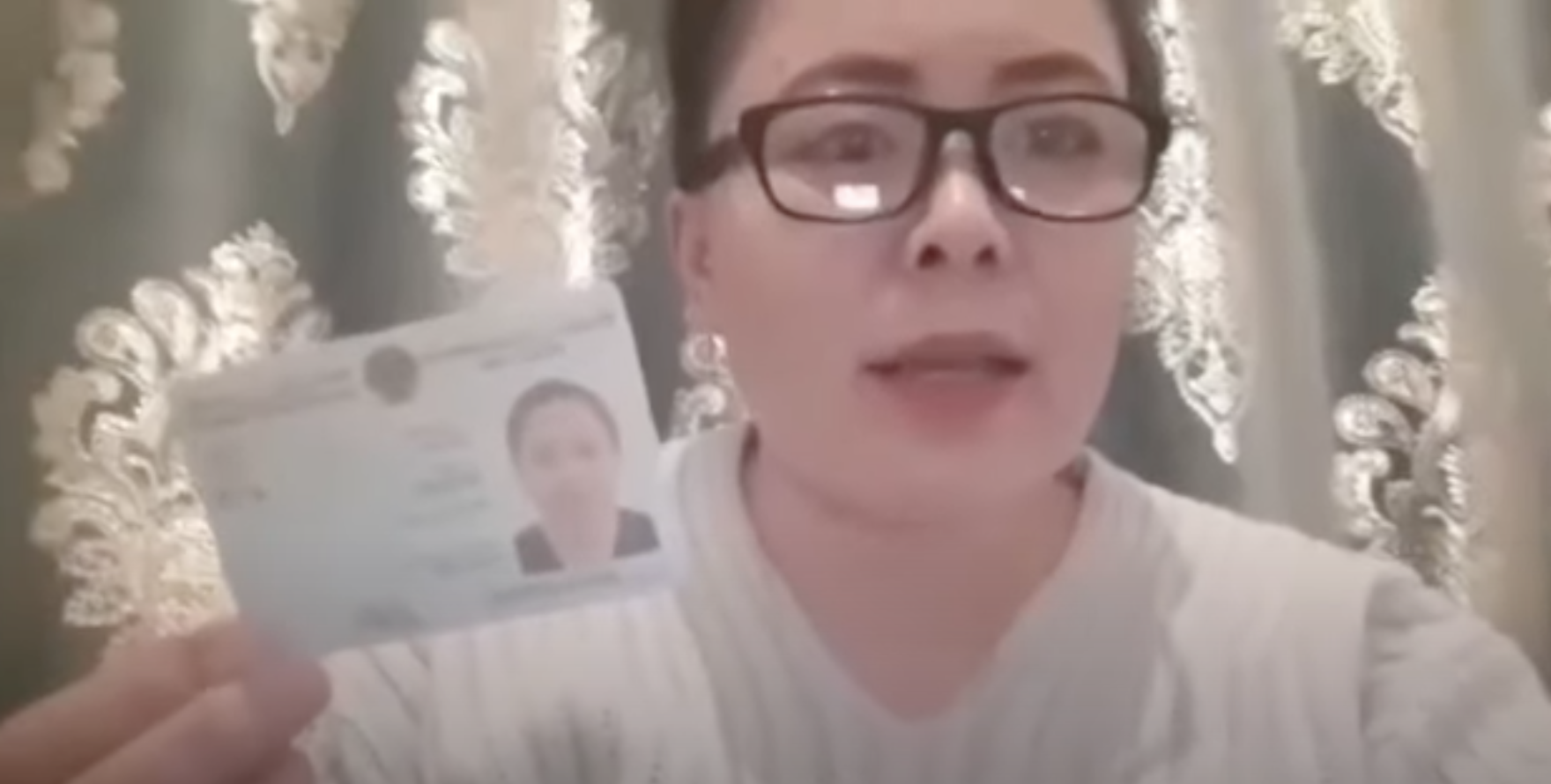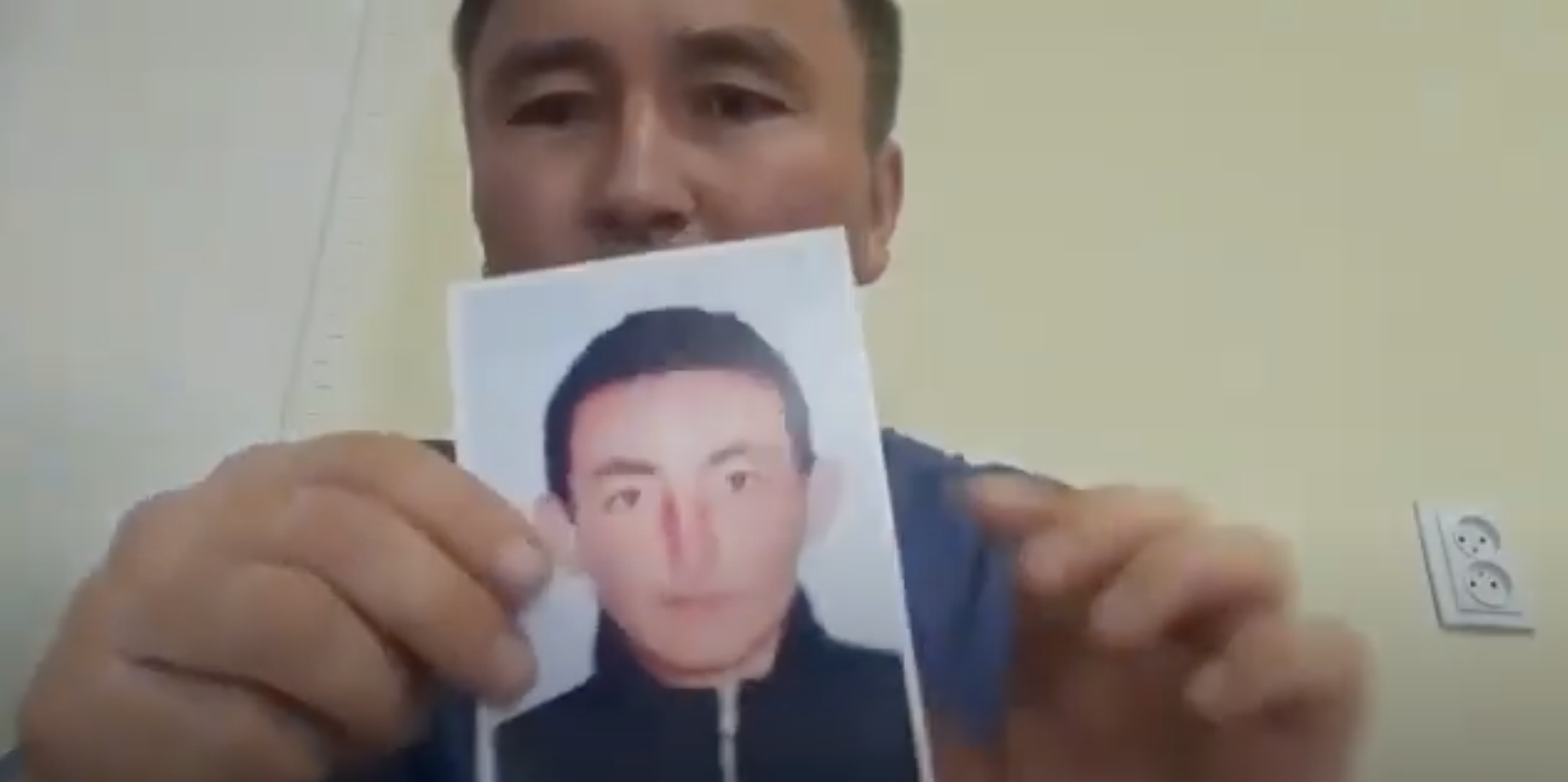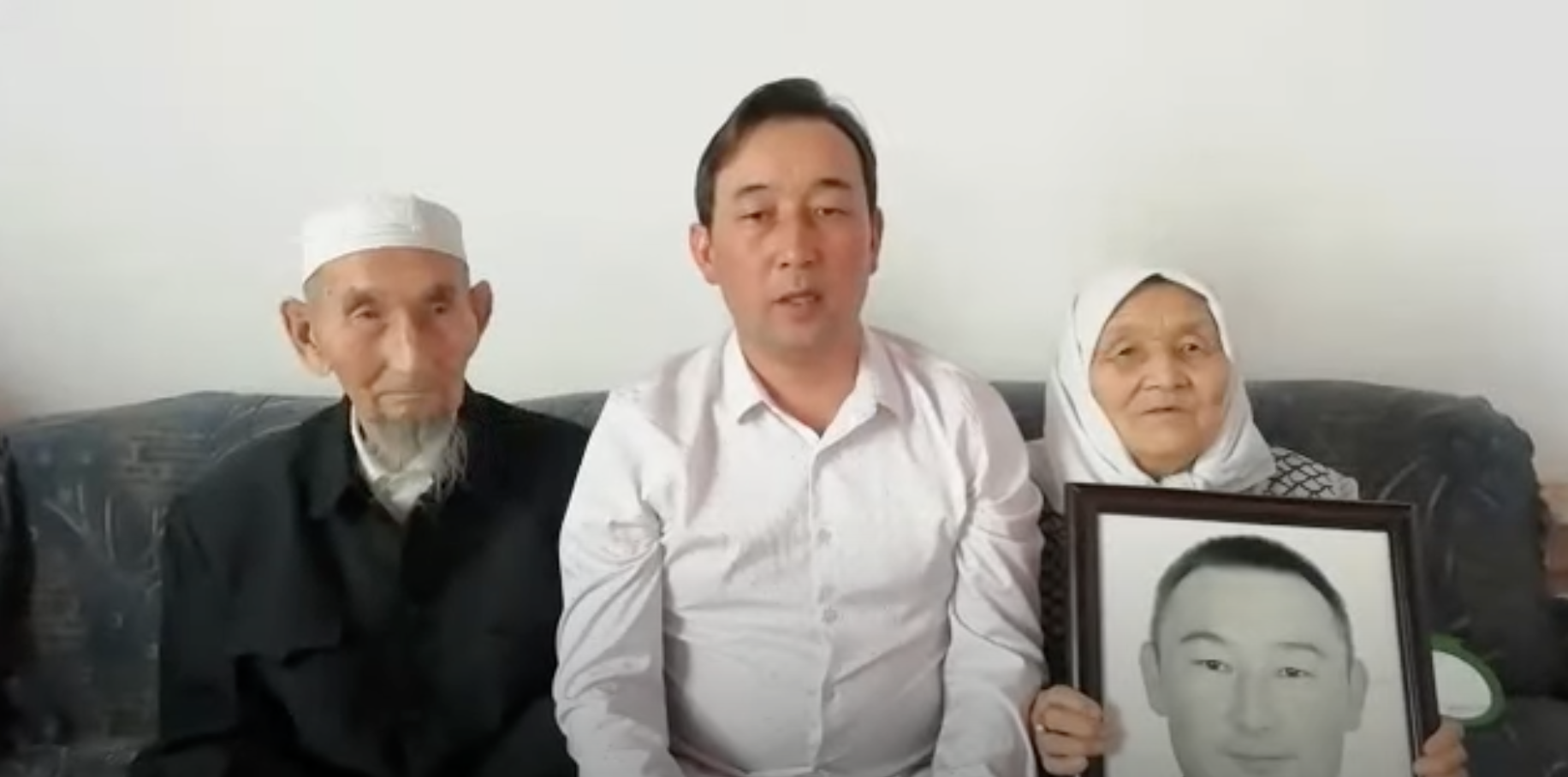On 15 June 2021, Atajurt Kazakh Human Rights said that YouTube had disabled its channel entirely, telling the group it had received “too many strikes against its channel”. The channel documented testimonies from people who said that their families have disappeared in China’s Xinjiang region.
The channel, which was restored three days later according to Reuters, had videos that displayed identification cards showing they were related to missing Xinjiang residents. However, that broke YouTube’s rule against displaying personal information.
Most of the videos that were removed have been restored after appeals, but some are yet to be restored. YouTube reportedly asked Atajurt to “cut out or conceal the IDs in the videos”, but the channel didn’t want to as doing so would “damage its credibility”.
According to a YouTube spokesperson, the video platform has recognised that their intent was not to “maliciously reveal” personal information, so they reinstated the channel. But they are still adamant for Atajurt to comply to the platform’s harassment policy.
“(We) are working with Atajurt Kazakh to explain our policies so they can make the best decisions for their channel,” said the YouTube spokesperson.
However, YouTube said that the human rights group was hesitant to comply. And as they were afraid that more of their videos were going to be deleted, Atajurt backed up their content to Odysee—a website built on the blockchain protocol LBRY.
“There is another excuse every day. I never trusted YouTube. But we’re not afraid anymore, because we are backing ourselves up with LBRY. The most important thing is our material’s safety,” said Serikzhan Bilash, one of Atajurt’s founders.
Odysee said that it welcomes and supports Atajurt. But Bilash plans to keep uploading to YouTube as long as it can—citing the importance of the bigger audience.
“The day YouTube deactivated our channel, I felt I’d lost everything in the world… the new channel does not have so many subscribers, but it is safe,” said Bilash.
The United Nations had estimated that at least 1 million Uyghurs are being held in internment camps in China. A report found that the Chinese government had conducted state-organised persecution—including torture against people in the Xinjiang provice, including Uyghurs and Kazakhs.
[ SOURCE, 2, IMAGE SOURCE ]

